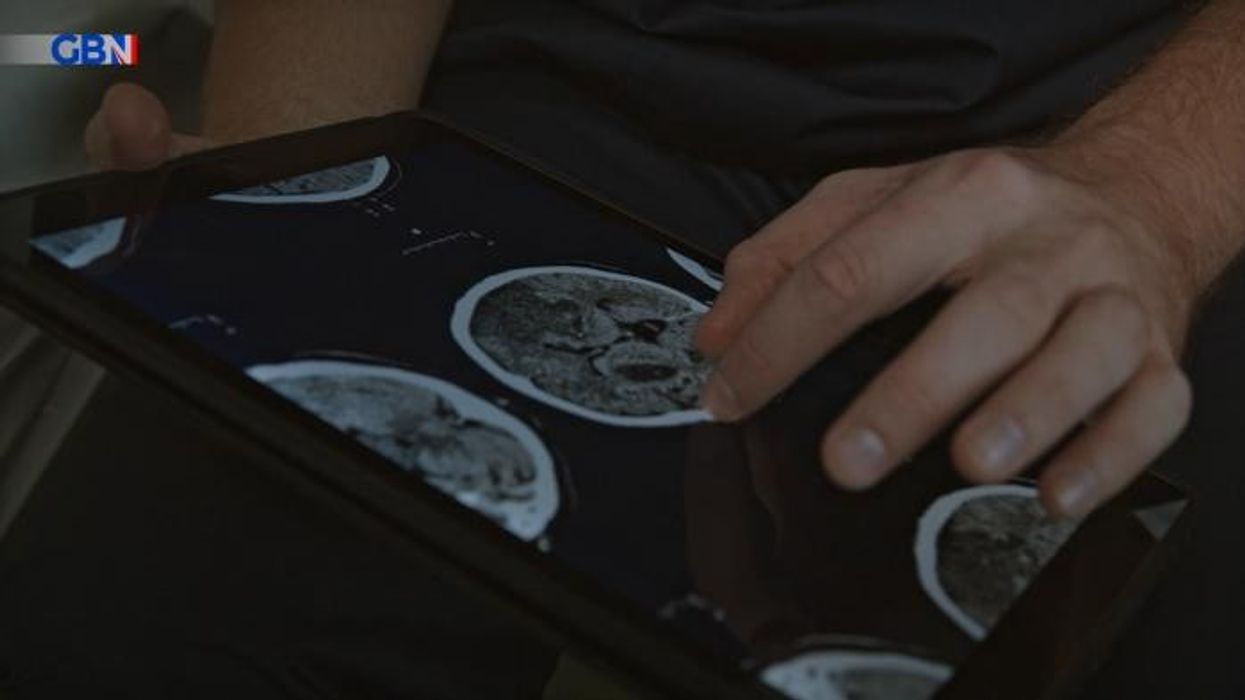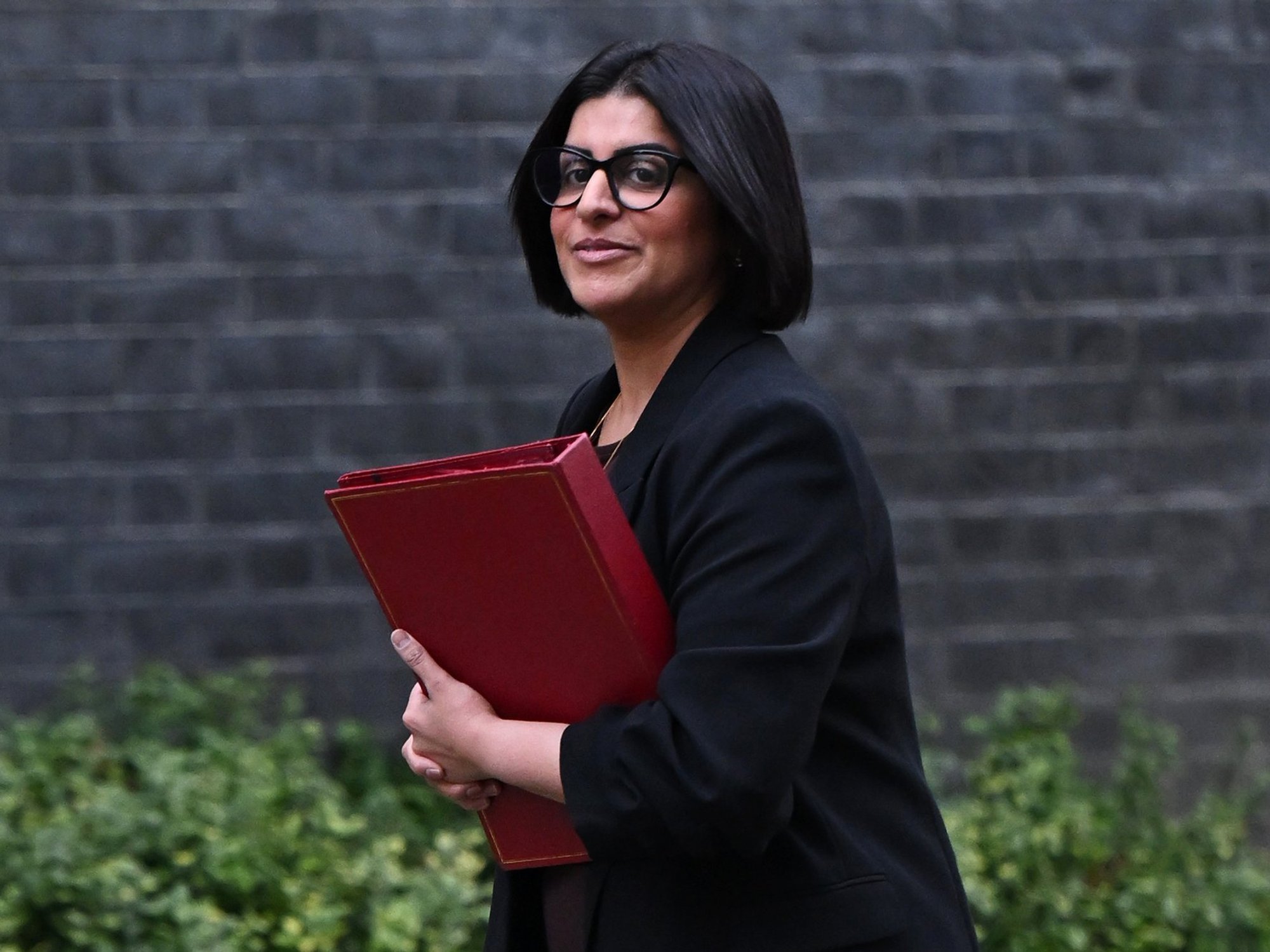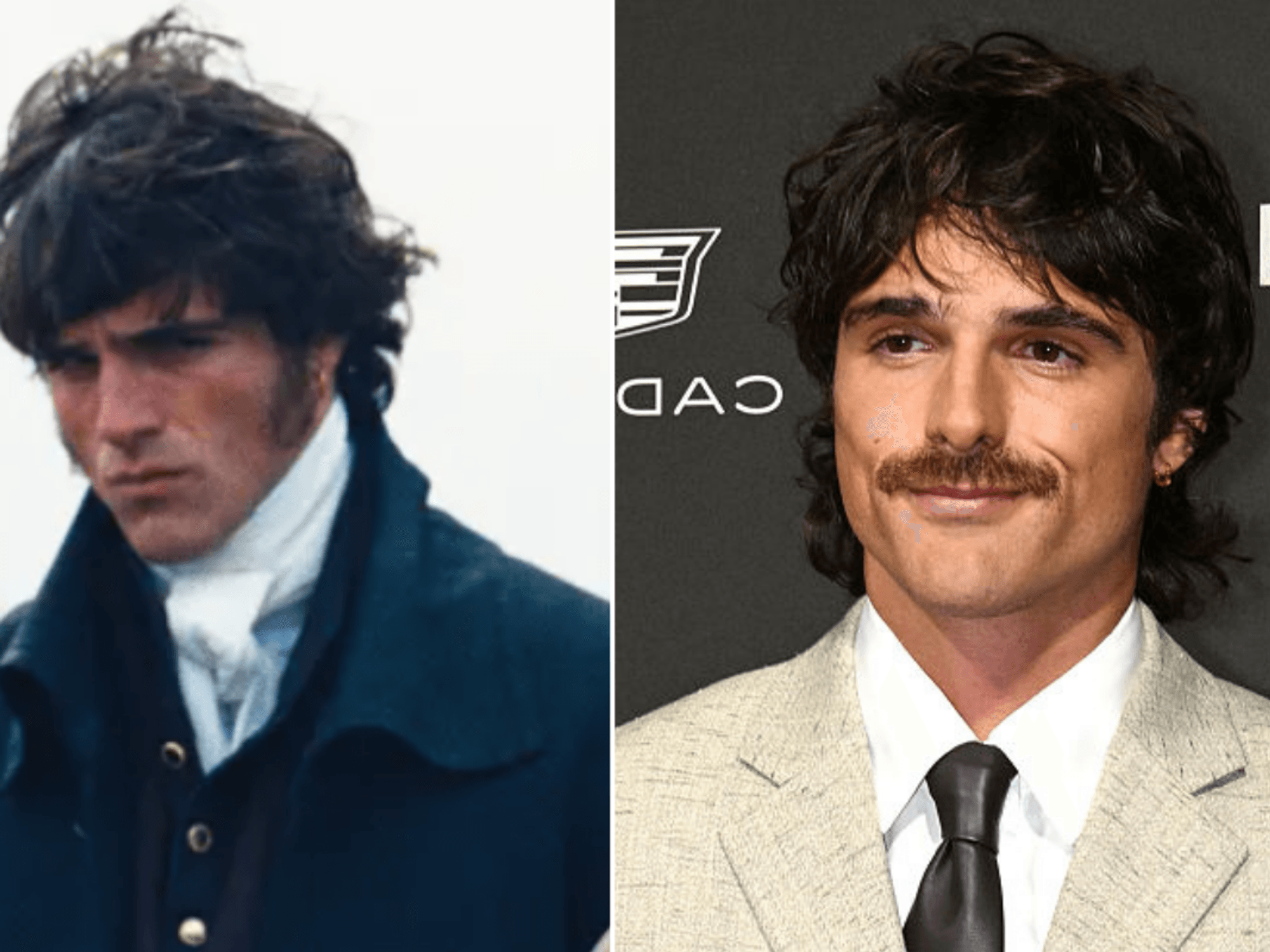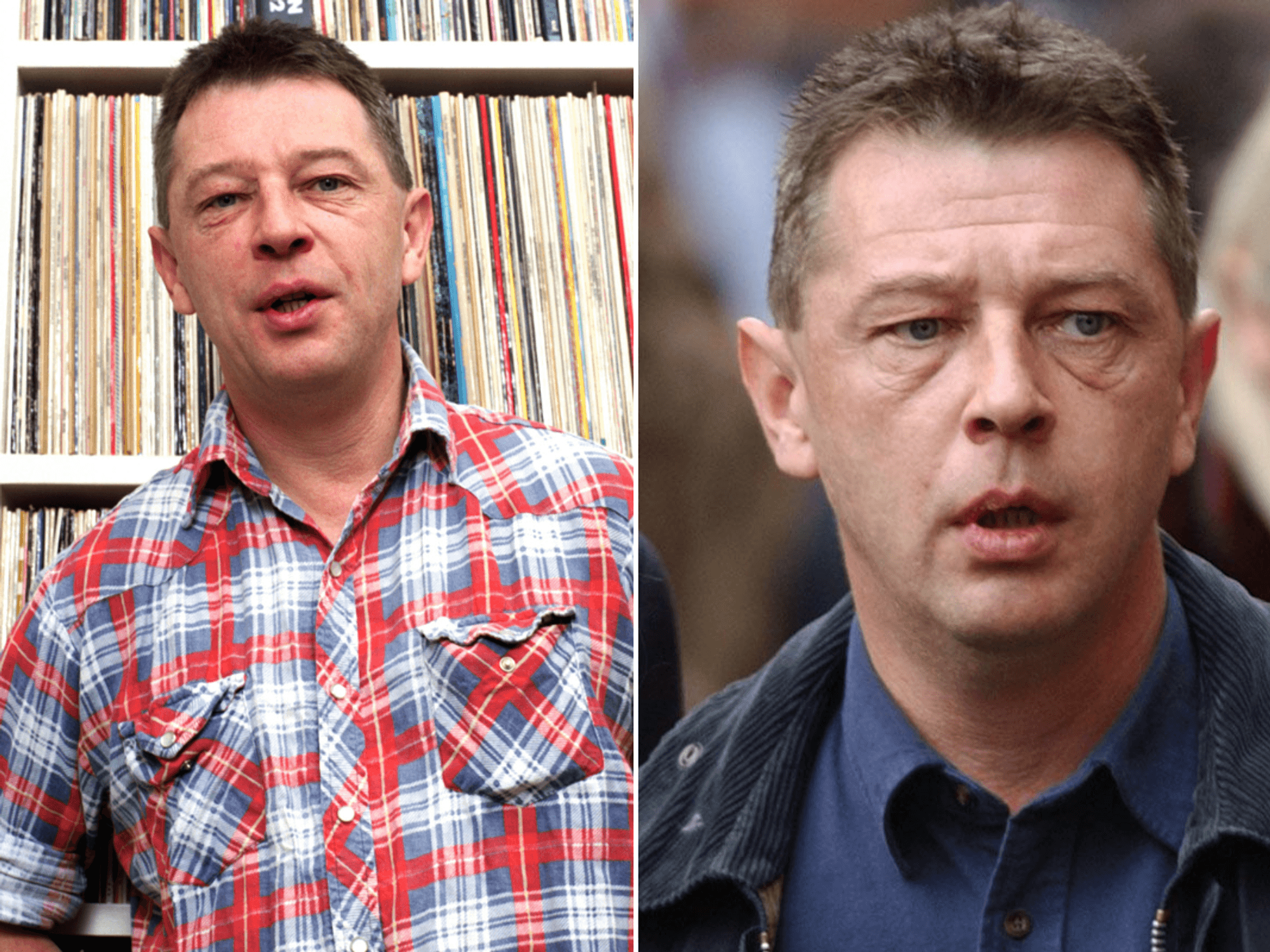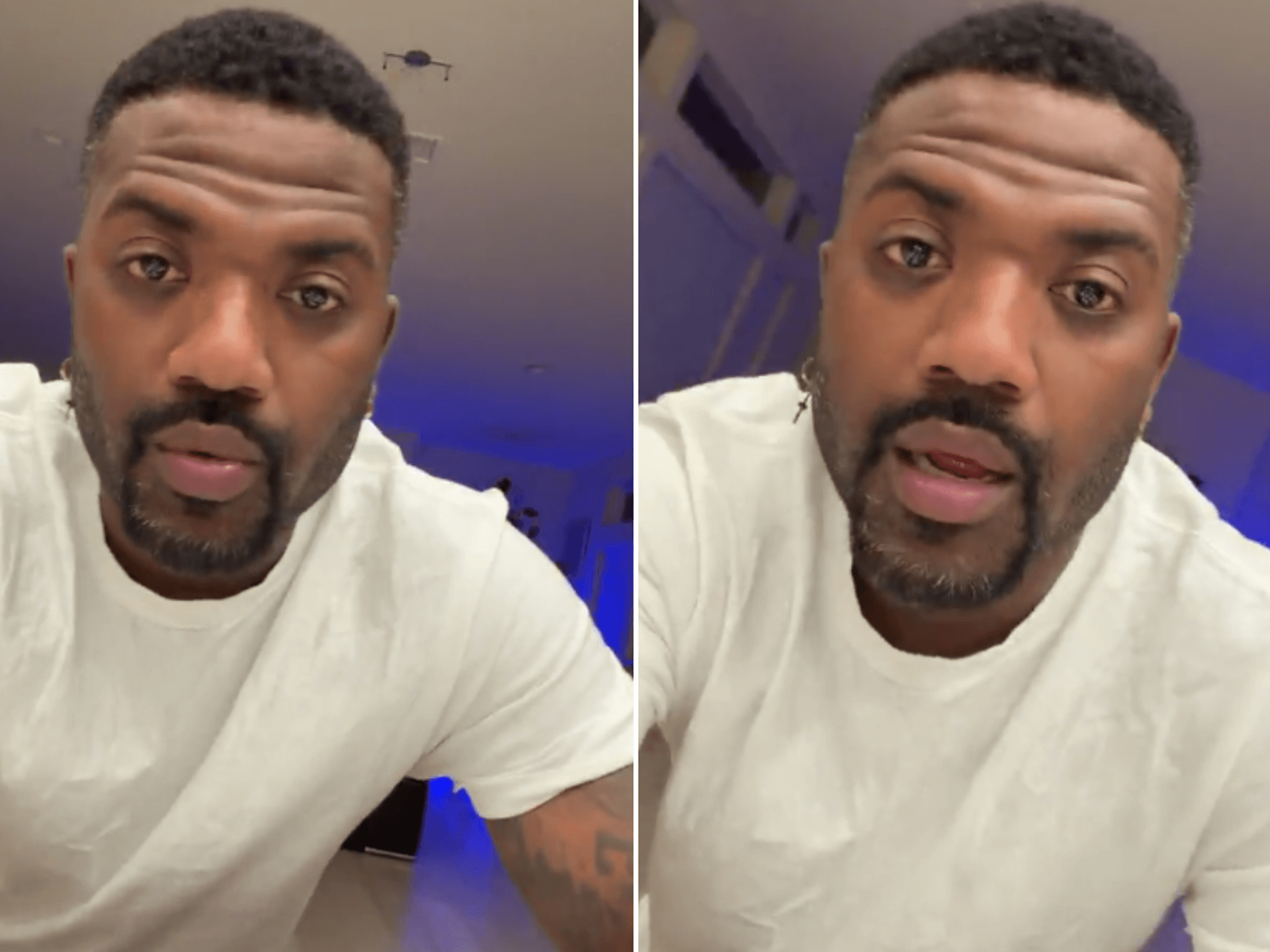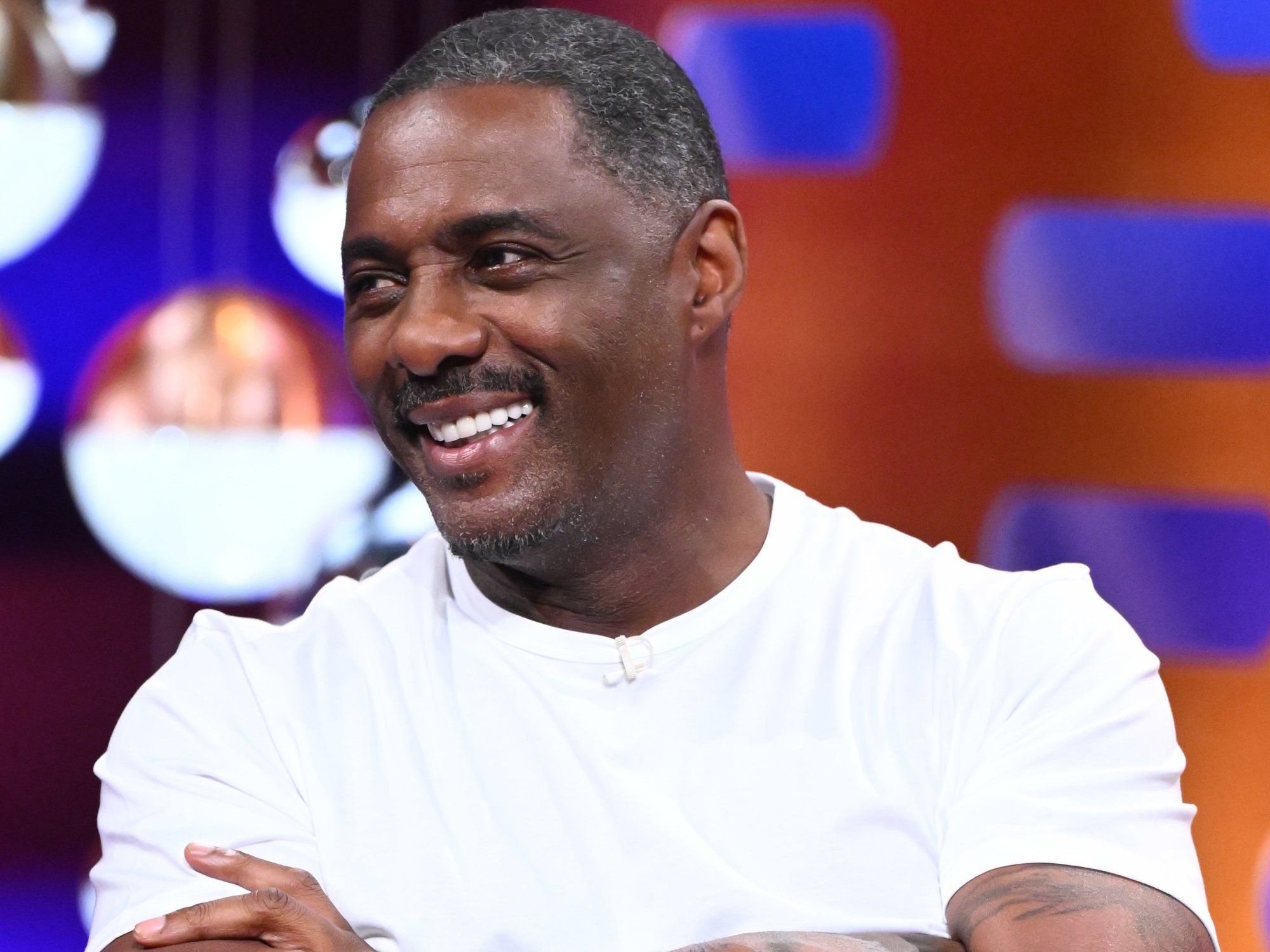Doctor with dementia describes key moment she realised 'it was serious' - 'I knew I had to get a diagnosis'

The GP was uniquely positioned to understand the significance of the changes she experienced in her cognitive abilities
Don't Miss
Most Read
Dementia is one of the few diseases with no cure, and with cases rising at breakneck speed, the race to find one is more urgent than ever.
Dr Jennifer Bute, a practising doctor, opened up about her experience living with dementia after witnessing the disease in her father.
Her medical training gave her unique insight into detecting the condition, but her understanding deepened further the day she began experiencing symptoms.
The senior partner recently described her experience during a conversation with UCB, detailing how her professional background helped her recognise the signs.
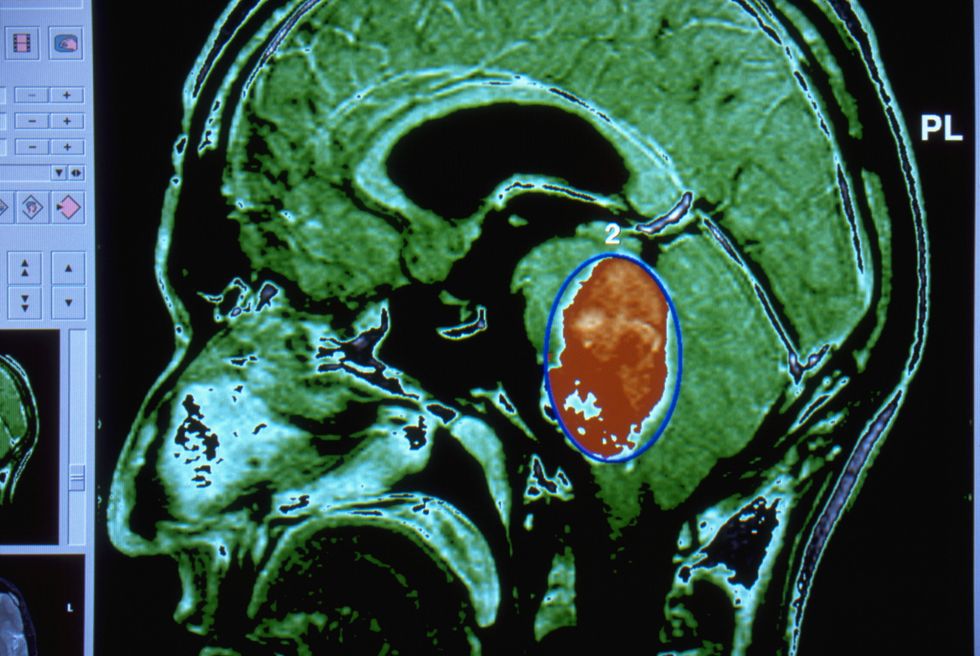
Dr Bute had observed dementia's progression in her father
|GETTY
"It started with my forgetting the passwords," Jennifer said.
"I was a senior partner in a very large practice and had full security clearance with passwords that changed weekly, some monthly and some quarterly, and I got completely lost."
Recognising that this wasn't normal for her, Dr Bute was quick to question the next incident; getting lost on her way to her surgery.
"I can still remember the first time I couldn't find my way to the surgery, where I'd been working for 25 years," she recalled.
Despite consulting a map, it didn't make sense to her, and she arrived very late to colleagues who simply laughed at her confusion.
The navigation difficulties continued on her journey home when she reached traffic lights and couldn't determine whether to turn left or right.
When she phoned her husband for help, he told her not to be so stupid. The critical moment came when Dr Bute was chairing a large case conference as a senior partner.
LATEST DEVELOPMENTS
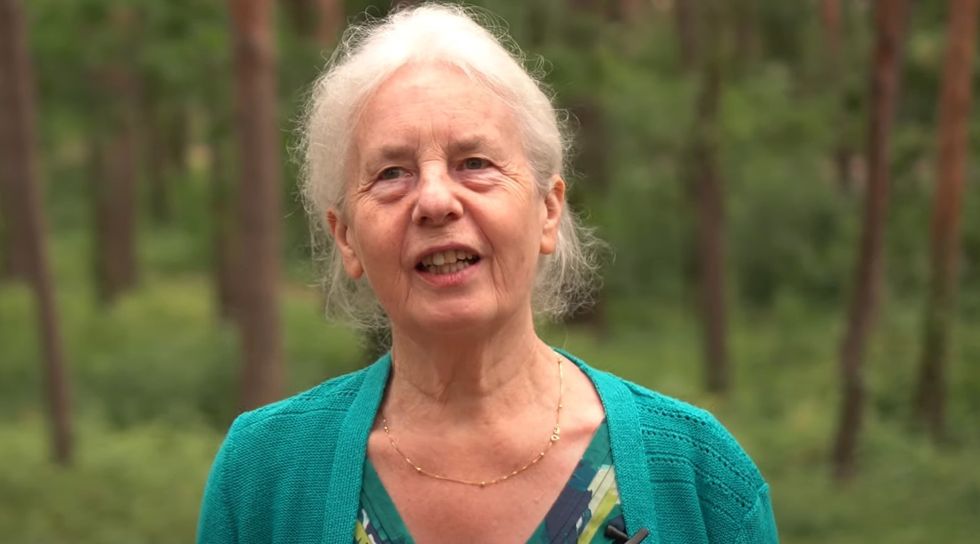
Dr Bute had the medical knowledge to identify symptoms
|YOUTUBE / GLORIOUS OPPORTUNITY
"We had social services, police, nurses, clients, all kinds of people there, about 20 people. I'm a friendly person, so I went up to everyone," she said.
She then turned to the person to her right and asked them to introduce themselves, believing she'd never met them before. The person responded: "Oh don't be so stupid Jennifer, we've worked together for 25 years."
"I didn't know a single person in that room," Dr Bute recalled. This shocking realisation that she couldn't recognise any of the 20 people present, including long-term colleagues, marked the turning point.
“[It was] the last thing that really made me realise that it was serious. That's when I decided I needed to resign. So I knew I then I had to get a diagnosis."


